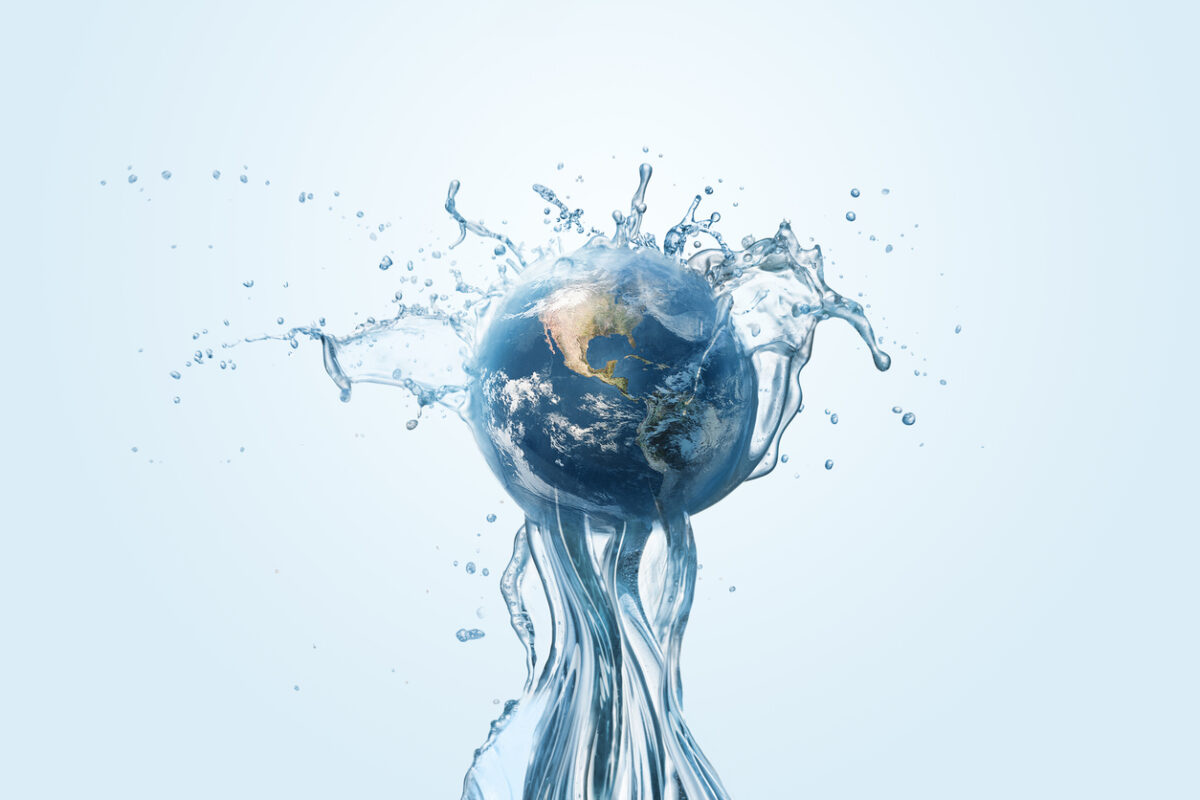Reverse Osmosis
Exploring the Advancements in Water Treatment Technology
The water treatment industry is continually evolving, driven by the need for innovative solutions to address water scarcity, water quality issues, and sustainability concerns. Several upcoming technologies show promise in advancing the field of water treatment. Lets explore advancements in upcoming water treatment technologies.
Advanced Membrane Technologies: Researchers are exploring advancements in membrane filtration, including the development of high-performance membranes with enhanced selectivity, increased flux rates, and improved fouling resistance. This includes nano-composite membranes, biomimetic membranes, and forward osmosis membranes, which offer potential for more efficient and cost-effective water treatment processes.
Electrochemical Technologies: Electrochemical processes are gaining attention for their ability to remove contaminants and disinfect water using less energy and fewer chemicals. Electrocoagulation, electro-oxidation, and electrochemical disinfection methods show promise in removing a wide range of pollutants, including heavy metals, organic compounds, and microorganisms.
Hybrid and Integrated Treatment Systems: Combining multiple treatment processes into hybrid and integrated systems can offer more comprehensive and efficient water treatment solutions. Integrated membrane systems, such as membrane bioreactors (MBRs) and membrane distillation (MD) systems, provide improved treatment performance and resource recovery capabilities.
Advanced Oxidation Processes (AOPs): AOPs continue to evolve, offering efficient removal of emerging contaminants, persistent organic pollutants, and micro-pollutants. Innovations include photo-catalysis, sonolysis, and hybrid AOPs that combine multiple oxidation mechanisms to effectively degrade organic compounds and improve water quality.
Smart Water Management and Monitoring: The integration of sensors, real-time monitoring, data analytics, and artificial intelligence (AI) is revolutionising water treatment operations. Smart monitoring systems enable remote monitoring, early detection of water quality issues, and predictive maintenance, resulting in improved operational efficiency and proactive management of water treatment facilities. Here at Industrial Water Equipment, we are leading the way with our brand new range of smart RO’s. Speak to a member of our team today to find out about our new smart solutions.
Desalination Technologies: Desalination, particularly seawater and brackish water desalination, is becoming increasingly vital in addressing water scarcity. Innovations in desalination technologies focus on improving energy efficiency, reducing environmental impacts, and exploring alternative desalination methods such as forward osmosis, membrane distillation, and solar desalination.
Resource Recovery and Circular Economy Approaches: Water treatment is shifting towards a circular economy model, emphasising the recovery of valuable resources from wastewater. Technologies such as anaerobic digestion, nutrient recovery, and energy generation from biogas are gaining prominence, contributing to sustainable water management practices.
Water Reuse and Recycling: Water reuse is gaining traction as a means to alleviate water stress and reduce freshwater consumption. Advanced treatment processes, such as reverse osmosis, ultraviolet (UV) disinfection, and advanced oxidation, are used to treat and recycle wastewater for various non-potable applications such as irrigation, industrial processes, and toilet flushing. All of these technologies ensure that companies can conform to the EU’s Urban Wastewater Treatment Directive.
These upcoming technologies demonstrate the ongoing efforts to develop more efficient, sustainable, and cost-effective solutions for water treatment. As research and development continue, these innovations have the potential to significantly impact the industry and address the growing challenges related to water availability, quality, and conservation.


